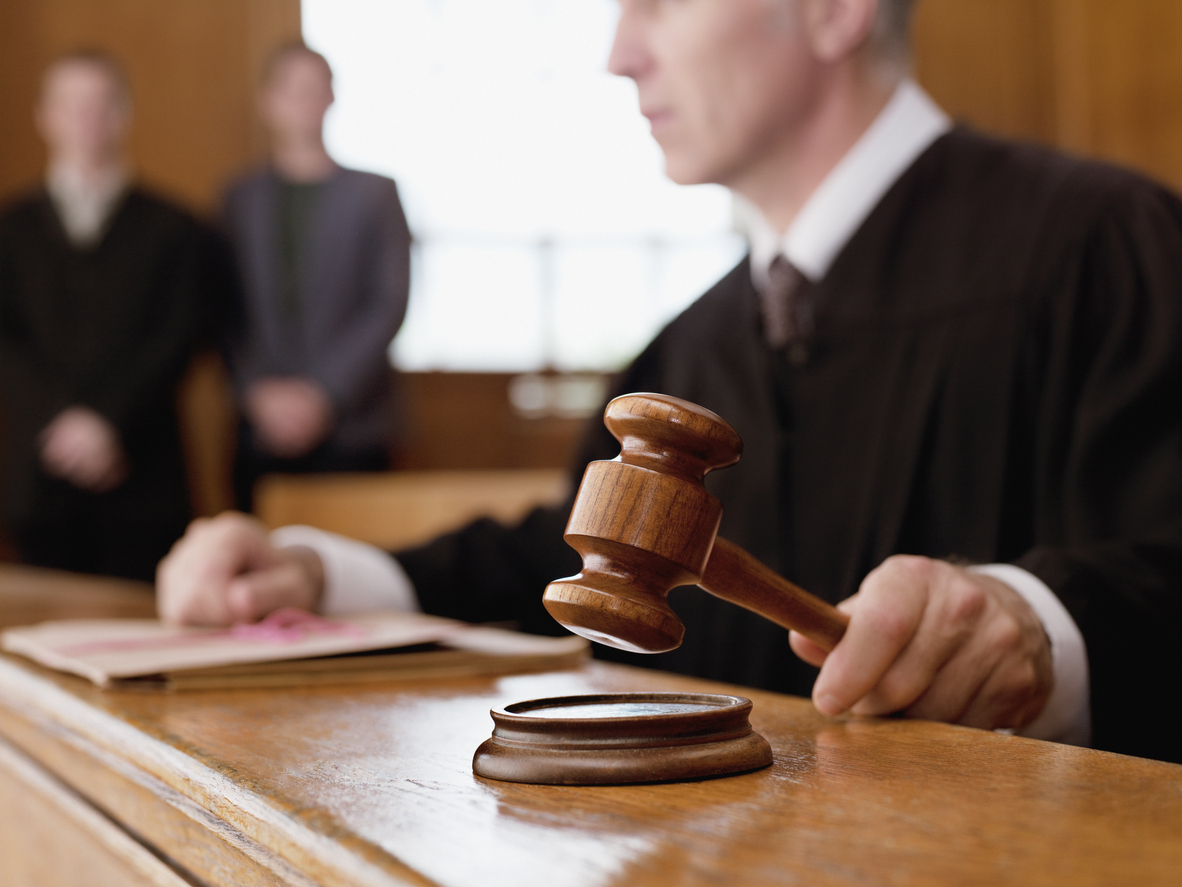My travels last week took me to Milwaukee, Wisconsin. Since I have been writing a series on calculating actual cash value, I thought that I would discuss Wisconsin law in this week’s blog.
Wisconsin follows the Broad Evidence Rule:1
Where insured buildings have been destroyed, the trier of fact, may, and should, call to its aid, in order to effectuate complete indemnity, every fact and circumstance which would logically tend to the formation of a correct estimate of the loss. It may consider original cost and cost of reproduction; the opinions upon value given by qualified witnesses; the declarations against interest which may have been made by the assured; the gainful uses to which the buildings might have been put; as well as any other fact reasonably tending to throw light upon the subject.
In Wickman v. State Farm Fire & Casualty Company,2 an insured’s home was damaged by a fire. Wisconsin has a valued policy law, relieving an insured homeowner of any duty to prove the actual amount of the loss or damage to his or her home and requiring the insurer to pay the policy limits whenever the home is wholly destroyed. Photographs taken of the exterior of the home after the fire demonstrated that the structure remained standing, and although a portion of the exterior was charred, much of it appeared to have been unaffected by the fire.
The Wickmans argued that under the Broad Evidence Rule, expert testimony was not required to prove damages in property loss cases and that under Wisconsin law, the trier of fact may consider “every fact and circumstance which logically contributes to a correct estimate of the loss.” They further contended that among the facts the jury may consider in assessing their damages is the actual cost paid to replace their home. They also argued that their own opinions as owners of the home are relevant and admissible and that they could rely on the testimony of one of the insurance company’s contractors that he would simply start over than trying to repair the home.
The trial court noted an issue with their argument:3
[T]he broad evidence rule applies only to the determination of actual cash value of property when the term “actual cash value” is not otherwise defined by the policy. Doelger, 42 Wis.2d at 522–23, 167 N.W.2d at 199–200; see also SR Int’l Bus. Ins. Co. Ltd. v. World Trade Ctr. Properties, LLC, 445 F.Supp.2d 320, 342 (S.D.N.Y.2006) (“The ‘broad evidence rule’ … was formulated … as a default rule when a policy contains no definition whatsoever of the term ‘actual cash value.’ ”). The broad evidence rule does not apply to the determination of the cost needed to repair property. See Nissenbaum v. Daniels, No.2006AP1042, 2007 WL 823934 (Wis.App. March 20, 2007) (unpublished decision) (affirming trial court’s dismissal of case on ground that plaintiff lacked qualified expert to testify on cost of structural repairs).Even where applicable, the rule does not represent the wholesale abandonment of the evidentiary rules governing proper foundation and expert witness qualifications in property loss cases that the Wickmans suggest. While the rule permits consideration of a broad range of facts relating to the property in question, such as the costs of construction, the building’s history, its permitted uses, and the surrounding area, it still requires that “opinions upon value [be] given by qualified witnesses.” Doelger, 42 Wis.2d at 523, 167 N.W.2d at 200 (quoting McAnarney, 159 N.E. at 905). Were it otherwise, the broad evidence rule would have little application in proceedings in federal court where evidentiary issues are governed by the Federal Rules of Evidence, as interpreted by the federal courts in such cases as Daubert v. Merrell Dow Pharmaceuticals, Inc., 509 U.S. 579, 113 S.Ct. 2786, 125 L.Ed.2d 469 (1993). See Barron v. Ford Motor Co. of Canada Ltd., 965 F.2d 195, 198 (7th Cir.1992) (“Even in diversity cases the rules of evidence applied in federal courts are the federal rules of evidence rather than state rules …”).
To date, I have covered fifteen states in this series. If you have a state that you would like me to discuss, please leave a comment below. Happy Holidays!
1 Doelger & Kirsten, Inc. v. Nat’l Union Fire Ins. Co. of Pittsburgh, Pa., 42 Wis.2d 518, 523–24, 167 N.W.2d 198, 199–200 (1969), (quoting McAnarney v. Newark Fire Insurance Co., 247 N.Y. 176, 159 N.E. 902, 905 (1928)).
2 Wickman v. State Farm Fire & Cas. Co., 616 F.Supp.2d 909 (E.D. Wis. 2009).
3 Wickman, at 920.



